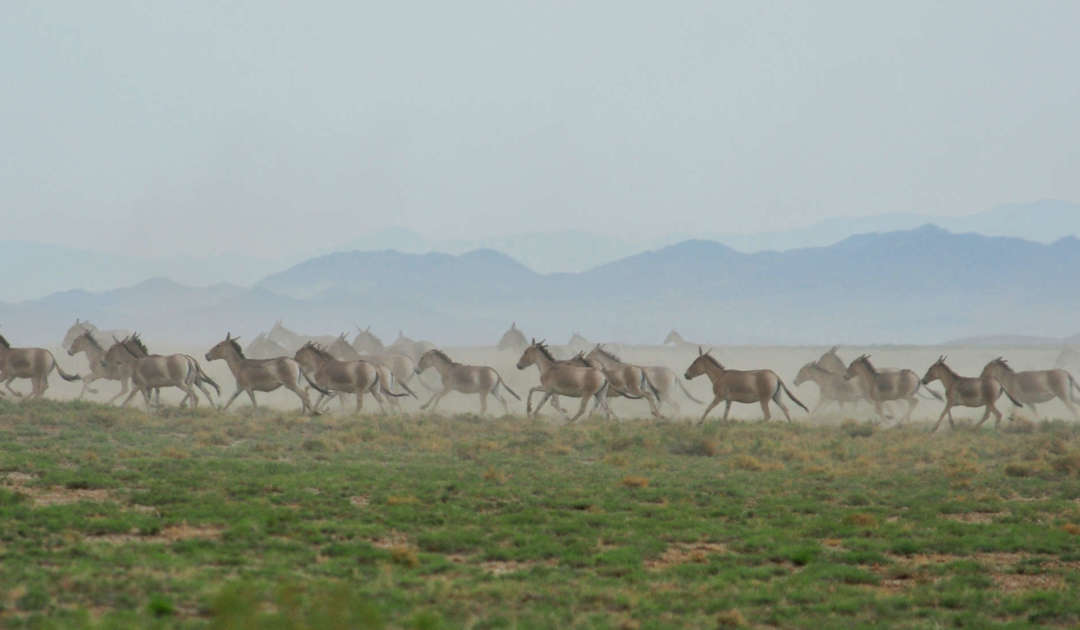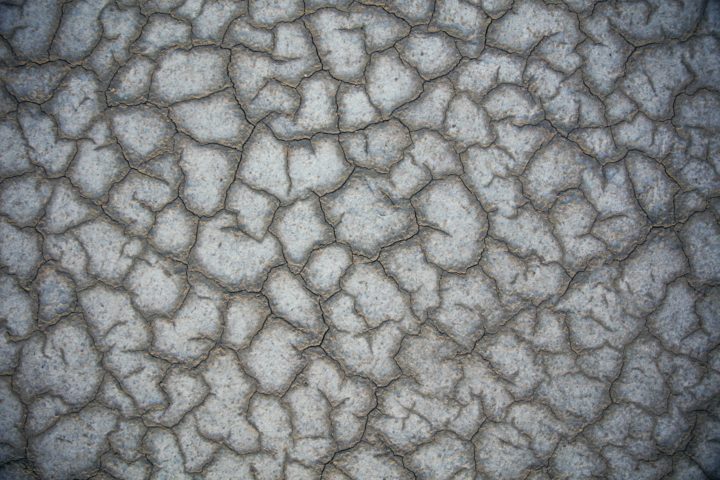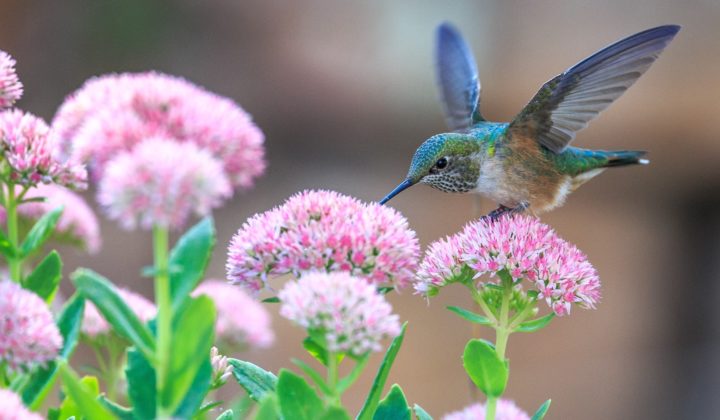Genomic Evolution and Climate
The Research Activity “Genomic Evolution and Climate” performs research at the molecular level: What impact does the climate have on the evolution of populations and the temporal and spatial distribution of genetic diversity?
In addition, it studies the effect of climate on micro-evolutionary processes in species interactions and living communities and addresses the question whether and how climate change and other events in the past may have shaped genomic processes and diversification as well as evolutionary innovation.
The Mesocosm Hall, which allows extensive, experimental research on evolution and adaptation, provides our own modern infrastructure for these studies, which also aids in the successful validation of field observations and enables us to study the effects of climate and other abiotic factors on the dynamics in genomic processes and the interaction between species at the molecular level. A molecular-biological laboratory center creates a research environment that has also raised genetic/genomic studies in other areas of the SGN research program to widely recognized standards. The LOEWE Center for Translational Biodiversity Genomics located here makes the results of the genomic research available for practical application.




